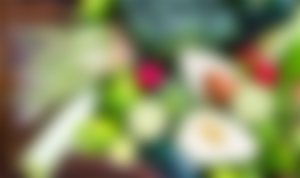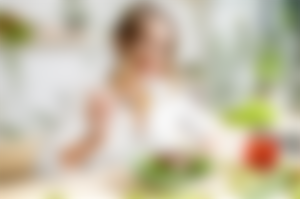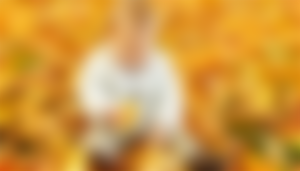Vegetarianism and veganism have become a top topic in countries across Europe and numerous social events in the last few years. More and more young people are opting for this type of diet. Festivals dedicated exclusively to the vegan diet and lifestyle have also appeared on the festival scene, large food chains and restaurants have included vegan menus in their offer, vegan products are appearing on the market, and vegan cookbooks are also being published. It is especially interesting to note that in the last four years, the number of people who declare themselves as vegans has increased by as much as 600 percent. One thing is for sure - the popularity of veganism is really growing rapidly. It is estimated that there are about 200,000 vegetarians and vegans in Croatia.

Vegetarians and vegans have opted for a lifestyle in which caring for nature and animals comes first. This decision also brings with it many sacrifices such as a change in diet, the use of various cosmetic products and clothing related to animal origin.
The vegetarian diet is not of recent date, but dates back several thousand years. In India it was a common way of eating, and vegetarianism was also known in ancient Greece. In addition, throughout history, meat has not been available to everyone, unlike cereals and vegetables that were at the fingertips of almost every man.

Before you dare make this decision, it is important to know what the real difference is between vegetarians and vegans.
Vegetarians:
< Vegetarians have completely excluded meat from their diet and are using new foods that replace meat. Eliminating meat from the diet. The easiest way to become a vegetarian is to replace meat with other proteins and replace it with soy or seitan.
Vegetarians are divided into two groups:
total vegetarians who do not eat any foods of animal origin.
lacto-ovo vegetarians who eat eggs, cheese, yogurt, milk, fish, chicken, seafood and in fact everything except red meat.
Vegans:
< The vegan diet does not contain any products that come from animals. Which would mean vegans don’t eat fish, seafood, honey, eggs, milk and dairy products. The vegan menu is based on cereals, egg-free pasta and fruits and vegetables. Vegans also do not carry or use anything related to animals, so they avoid products that have been tested on animals. The vegan diet is most deficient in vitamin B12. Vegans find this vitamin in mushrooms, algae, pits and sauerkraut.

The benefits of a vegan diet are great: it reduces the risks of heart disease, stroke, some cancers, rheumatoid arthritis, high blood pressure, asthma, allergies and kidney stones. A diet without animal meat and products also reduces the chances of food poisoning.

Unless you are a vegetarian yourself and your child decides to switch to a vegetarian diet, in most cases there is no cause for concern. Talk to your child about what vegetarianism means to them and how they want to put their decision into action - provide your child with a healthy and nutritious food choice.




Ja osobno jedem sve što volim. Al drugarica več par godina je veganka. Kad je rodila djete...ona je njemu kuhala sve. Kazala je neka jede kao ostali-al kad poraste samo če odlučiti šta želi. Ja mislim, da je dobro postupila.